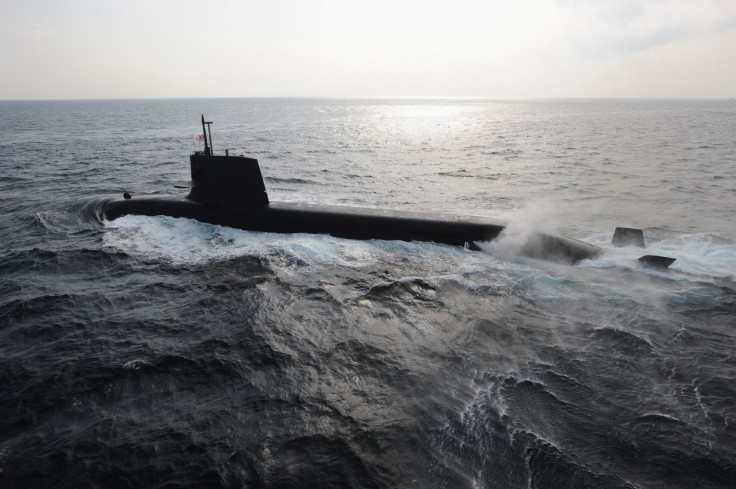Australia invites Japan to bid for new fleet of stealth submarines

Japan will tender an offer to develop a new fleet of submarines with Australia, the Japan Times reported on Wednesday (6 May).
According to the paper, Defence Minister Kevin Andrews asked his Japanese counterpart Gen Nakatani to pitch for the estimated AU$39bn (£20bn) contract to develop next-generation submarines, during a 15-minute phone call that took place at the request of Australia.
In February, Australian PM Tony Abbott said his country would team up with either Japan, France or Germany to jointly develop new submarines to replace Australia's fleet of 12 ageing Collins-class vessels.
He had previously expressed a strong interest in Japan's Soryu-class stealth submarines, which are 84m long, have a submerged displacement of 4,200 tonnes, and are all outfitted with a new lithium-ion battery propulsion system.
The Soryu-class vessels cost £400m each, and are the world's largest and quietest non-nuclear submarines.
"Japan is highly likely to be selected, considering its technological edge," a Japanese government source told the Japan Times on Friday (8 May).
Australia aims to conclude the selection process and receive designs for the new submarines, including where and how they will be constructed and at what cost, by the end of the year.
Unprecedented step
Tokyo announced last week that it will share classified submarine data with Australia – an unprecedented step, as Japan has previously only shared classified technical data with the US.
According to Reuters, Japan's Defence Ministry agreed to disclose the data because Australia needs it in order to make a decision regarding the submarine's technical capability.
If Tokyo and Canberra reach a deal, it would be the first time Japan has agreed to jointly develop weaponry with high attack capabilities with another country since last year's decision to abolish Japan's decades-long, self-imposed ban on exporting arms.
In April 2014, Japanese Prime Minister Shinzo Abe dropped the ban as part of a programme reforming Japan's security policy and its overseas transfers of defence equipment and technology.
Japanese companies are forbidden from trading with countries under sanctions or engaged in conflicts, and their technology cannot be sold to third parties.
For some, the move was a controversial one in a country where principles of post-war pacifism remain strong.
© Copyright IBTimes 2025. All rights reserved.





















